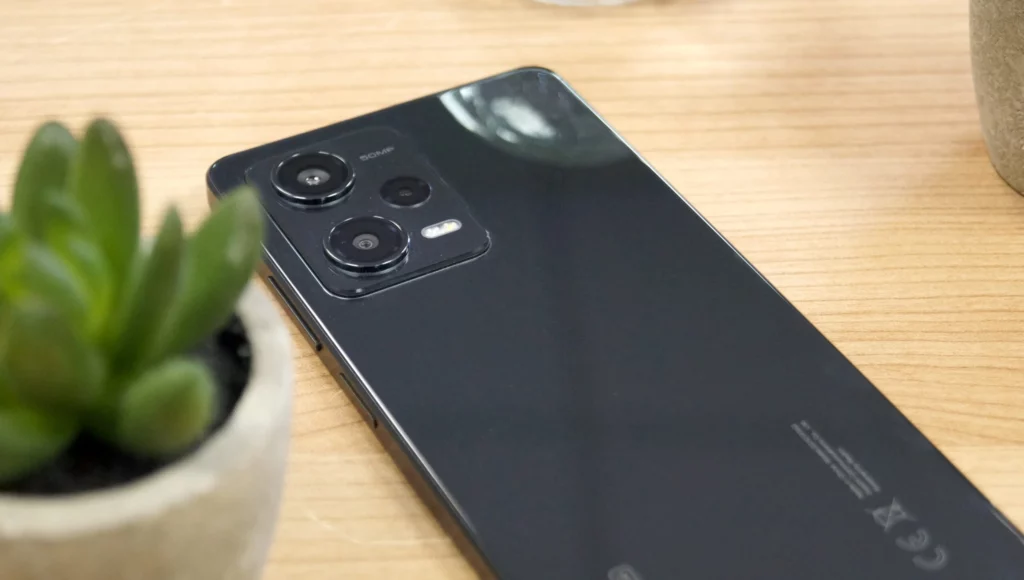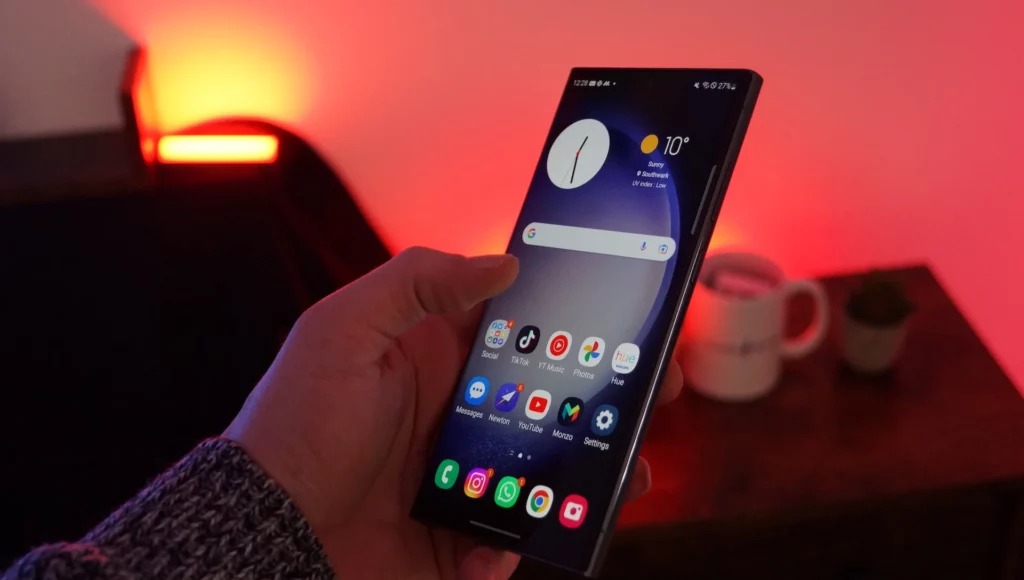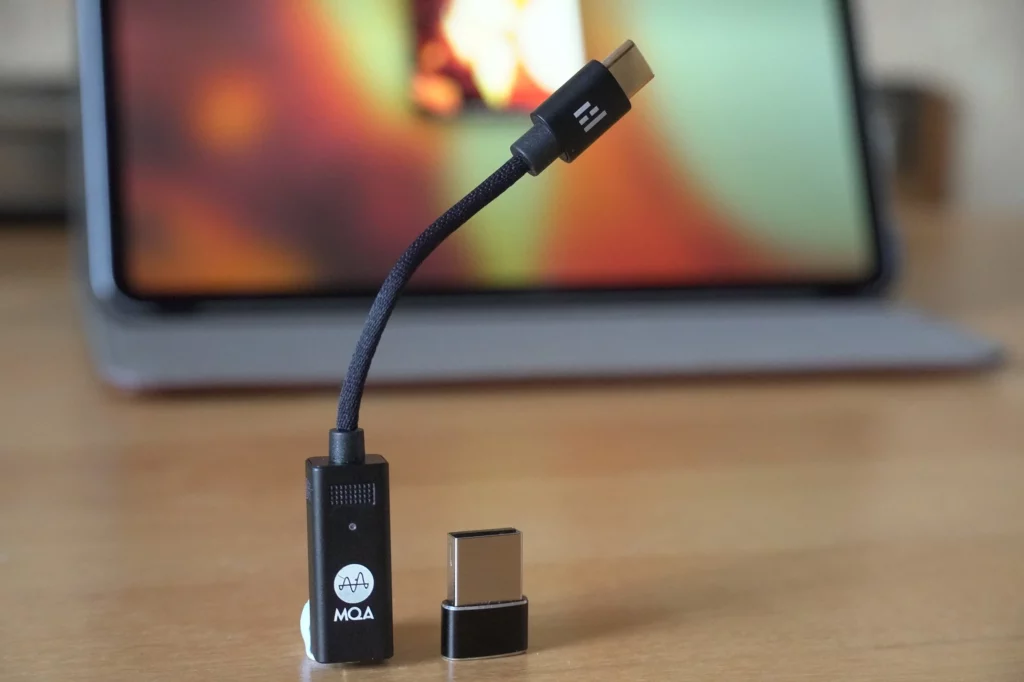The popular messaging service WhatsApp has seen a surge in mobile hacking attempts through mobile hacking apps, according to an urgent warning from Dubai’s Digital Authority. The authorities claimed in a statement on social media that hackers send messages from well-known connections to entice consumers to click on dubious links. Once clicked, the URLs offer the hackers access to the victim’s phone’s personal data.
Phone or mobile hacking apps have increased in popularity over the past few years. Hackers can take vital personal information including contacts, images, messages, and login credentials by getting access to a person’s phone. Then, this information might be sold on the dark web, used for financial fraud, or stolen identities.
Due to users’ propensity to believe communications from people they know, WhatsApp is particularly susceptible to this attack. The messages will appear real because the hackers can spoof the phone numbers and names of the victim’s friends and family. Malware can be installed if the victim hits the link, giving the hacker remote access to the phone’s data.
According to Digital Dubai, the hackers have been using different scenarios to trick users into clicking the links. In one case, the hacked account sends a message asking the victim to click a link to join a group. In another, the hacker pretends to be a friend, asking for banking information or credit card details.
Once inside, the hackers might take control of the victim’s WhatsApp account to spread the hoax further. The number of possible victims will increase rapidly if they message every contact the user has. Because of this, it is quite challenging to stop the mobile hacking apps attack from spreading.
Even if a message appears to be from a known person, Digital Dubai cautioned residents to use cautious when receiving it. Any links that seem strange or out of character should not be clicked by users. WhatsApp users can add an additional layer of protection that can stop unauthorised logins by enabling two-factor authentication.
This warning comes just months after the US Federal Bureau of Investigation issued an alert about similar phone hacking attempts through mobile hacking apps. The FBI said hackers could access personal information, intercept communications, and steal money through mobile hacking apps. Victims lost an estimated $12 million in 2021.
The COVID-19 pandemic has contributed to the rise in mobile hacking apps. With many people working and learning remotely, hackers have increased opportunities to compromise phones and their valuable data. Messaging apps like WhatsApp have also become even more widely used, giving hackers a simple way to distribute malware.
How can WhatsApp users better protect themselves from phone hacking attempts? Experts recommend the following tips:
- Be wary of any suspicious links or messages, even from known contacts. Hackers often spoof phone numbers and names.
- Don’t click on random links or download files sent through WhatsApp. First, verify the source of the message through a different communication channel.
- Keep WhatsApp updated to the latest version. Updates often contain security patches for newly discovered vulnerabilities.
- Turn on two-factor authentication for your WhatsApp account. This requires a second verification step when logging in from a new device.
- Back up your WhatsApp messages and media. This protects your data in case your phone is compromised.
- Use WhatsApp’s built-in encryption. This scrambles messages so only the sender and recipient can read them.
- Don’t store sensitive personal information like credit card details on WhatsApp.
- Install antivirus software on your phone to detect potential malware.
- Avoid connecting to public WiFi networks. They are more accessible for hackers to intercept.
Mobile hacking apps can have severe financial and personal consequences. But WhatsApp users can take steps to reduce their risk significantly. Following Digital Dubai’s warning and implementing more robust security measures will make the popular messaging app much safer. With vigilance and caution, residents can confidently keep using WhatsApp to communicate without risking their data.







